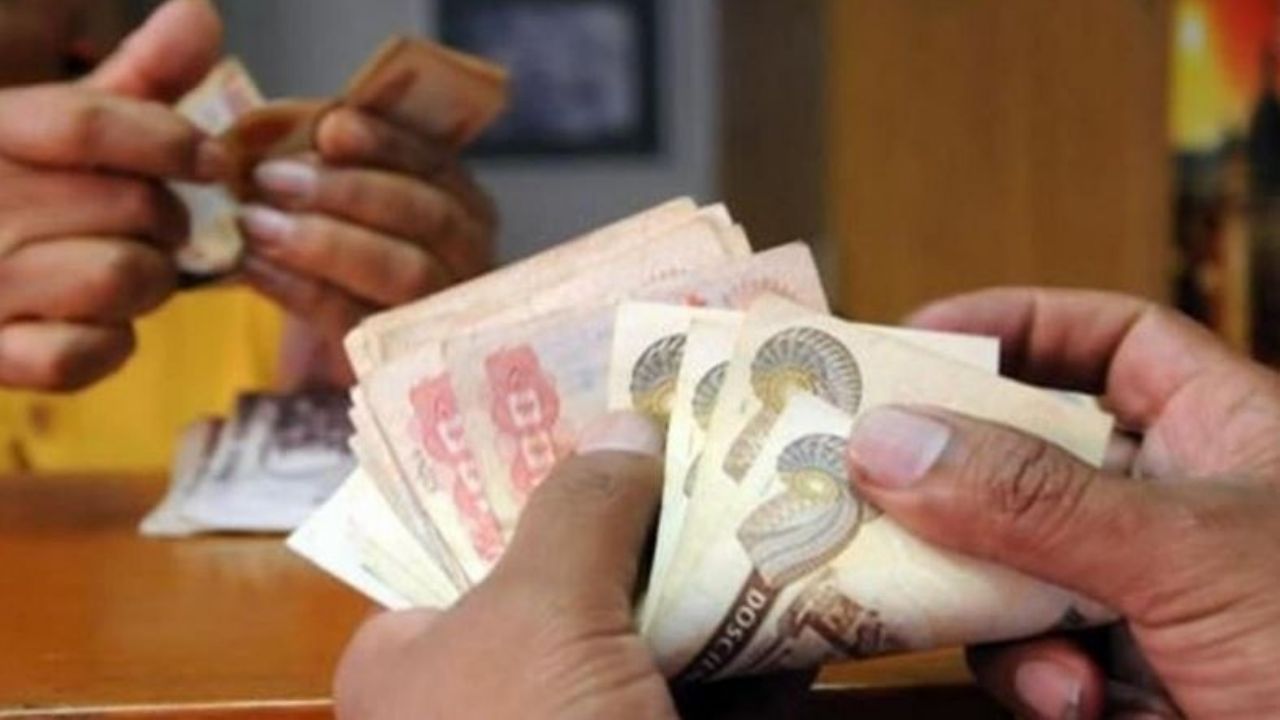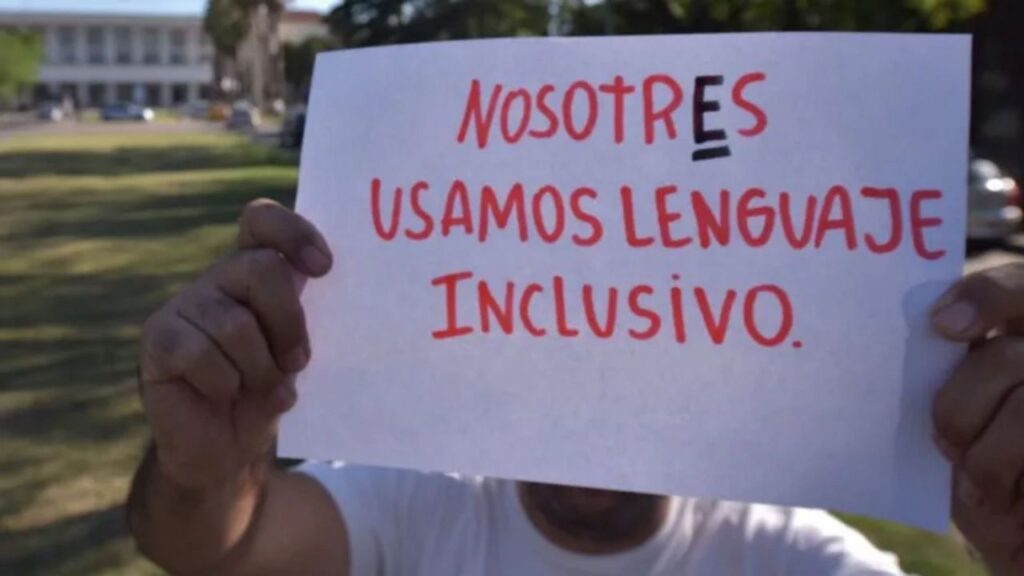EFE / La Paz
The “stability” of Bolivian inflation this year has been achieved with policies such as the fixed exchange rate and the fiscal capacity to pay for imports. However, experts consider that this situation will depend in the short term on how the Government will obtain more financing and maintain the subsidies.
The inflation rate in Bolivia in the first quarter was 0.39% and the Government projects for this year that the indicator will reach 3.3%, one of the lowest in the region.
Foreign exchange and smuggling
There are at least three variables that have led to “extremely low inflation” in the country despite the fact that a good part “of demand remains depressed,” Gabriel Espinoza, former director of the Central Bank of Bolivia (BCB), told Efe.
The main one is the control of the exchange rate that has allowed to continue importing foreign products and fiscal sustainability for the subsidy of products such as hydrocarbons and electricity and the control of prices for services such as gas, water and various foods such as meat, the chicken and some grains.
Another factor has to do with one of the biggest problems in the country, smuggling.
The increase in “smuggling is getting bigger, so this has to some extent generated price discipline in the domestic market to which local producers and legal importers have had to adjust” in order to compete, Espinoza explained. .
You can also read: INE sets unemployment at 5.9%, but they see that informality and smuggling camouflage reality
For his part, Javier Gómez, executive director of the Center for Studies for Labor and Agrarian Development (Cedla), told Efe that the products entering Bolivia “are from countries in the region that have suffered depreciation in their currencies,” which This has not been the case for the boliviano and the dollar due to the control policies for these currencies, that is, “inflation has not been imported.”
Likewise, he stressed that in relation to the import of tradable goods such as fuels, which in 2021 corresponded “to 30% of diesel and gasoline”, in Bolivia they are subsidized, so the State is the one that “absorbs” the difference. and not the Bolivian people.
Thus, unlike other countries, Bolivian citizens have not directly felt the war in Ukraine due to the invasion of Russia, one of the main allies of the Government of Bolivia.
On the other hand, Bolivia is one of the most informal economies in the region and with the pandemic there has been a greater flow of workers to self-employed sectors such as commerce, being one of the most profitable activities at the moment.
“This characteristic of the Bolivian economy is helping to keep prices low, especially at a time when the economy is atomizing” after the pandemic, said the former director of the BCB.
You can also read: Cainco denounces discrimination against private entrepreneurs
Risk factor’s
The “delicate balance that the Government must achieve is still protected by optimistic expectations”, it is expected “that the economy will improve this year” and “there is still a certain margin” that if it does not work out, Espinoza said, “I presume that until the second quarter of this year these expectations are very likely to change and the situation could deteriorate very quickly.”
In addition, he considers that the “scenario to maintain low prices is going to deteriorate to the extent that fiscal purchases are deteriorating, to which must be added the problem of net international reserves as an indicator of the sustainability of the exchange policy , axis of low prices in the country”.
Both experts agreed that the margin that the government has to maintain inflation may be shortened in the short term, so it will have to analyze measures to reduce the fiscal deficit, such as some reductions in subsidies.
“Obviously this is already a substantial warning about the sustainability of fiscal spending,” which, furthermore, “mostly corresponds to a large mass of public sector workers,” said Espinoza.
If the Government again resorts to internal debt, as it did in 2021, “it is likely that it will continue to put more Bolivians into the economy”, which will be a “growing risk for exchange rate stability” or if, on the contrary, it goes to the foreign market because it is going to have to start offering much higher interest rates,” he added.


















